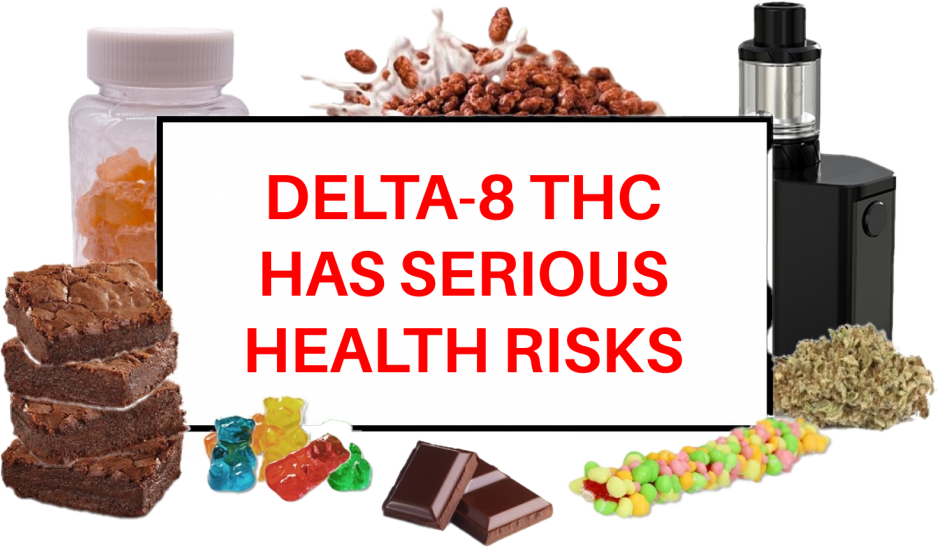SPEAKIN’ OUT NEWS
In alignment with National Poison Prevention Week, the Alabama Department of Public Health is launching an intensified campaign to educate the public about the risks associated with products containing delta-8 tetrahydrocannabinol, commonly referred to as delta-8 THC. The urgency of this effort is underscored by the staggering statistic that in 2023 alone, the Alabama Poison Information Center fielded 235 cases involving exposure to delta-8 THC.
The proliferation of products containing delta-8 THC has reached alarming levels, with these items now readily available for purchase both online and at various retail outlets, including gas stations and convenience stores. These products, often disguised in packaging designed to appeal to children, such as gummy candies, cookies, chocolates, and other sweet treats, have unfortunately led to exposure incidents even in children as young as two years-old. This grim reality emphasizes the critical importance of keeping THC-containing products securely out of the reach of curious hands.
Children exposed to delta-8 THC-containing products have exhibited a range of symptoms, which may vary in severity. These symptoms include:
- Vomiting
- Hallucinations
- Tremors
- Anxiety
- Dizziness
- Confusion
- Loss of consciousness
These symptoms highlight the potential dangers associated with accidental exposure to delta-8 THC products, especially among vulnerable populations such as children. Parents and caregivers should remain vigilant and take immediate action if they suspect a child has been exposed to or ingested any THC-containing products.
Delta-8 THC, a psychoactive compound found in the Cannabis sativa plant alongside hemp and marijuana, does not occur naturally in significant quantities within these plants. Consequently, manufacturers seeking to enhance delta-8 THC concentrations in consumer products resort to a manufacturing process that frequently involves the use of potentially hazardous chemicals. Alarmingly, these manufacturing facilities are often characterized by lax controls and unsanitary conditions, raising additional concerns about product safety.
Presently, the United States Food and Drug Administration refrains from evaluating or endorsing any products containing delta-8 THC. Despite this, the agency has received an alarming influx of adverse event reports associated with such products. Reported symptoms range from relatively mild, such as vomiting and hallucinations, to more severe reactions resulting in loss of consciousness.
In light of these risks, individuals who suspect they are experiencing a severe reaction to a delta-8 THC product are urged to act swiftly. They should immediately contact their local or regional poison control center at 1-800-222-1222 or 9-1-1 or seek urgent medical attention at their nearest emergency room. Furthermore, consumers are strongly encouraged to report any adverse events they experience to MedWatch, the FDA’s safety information and adverse event reporting program.
National Poison Prevention Week, observed during the third whole week of March each year, was established by Congress in 1961 as a means to heighten awareness about accidental poisonings and to educate the public about strategies for their prevention. This year’s campaign takes on added significance in light of the escalating concerns surrounding the proliferation of delta-8 THC products and the imperative to safeguard public health and well-being.











